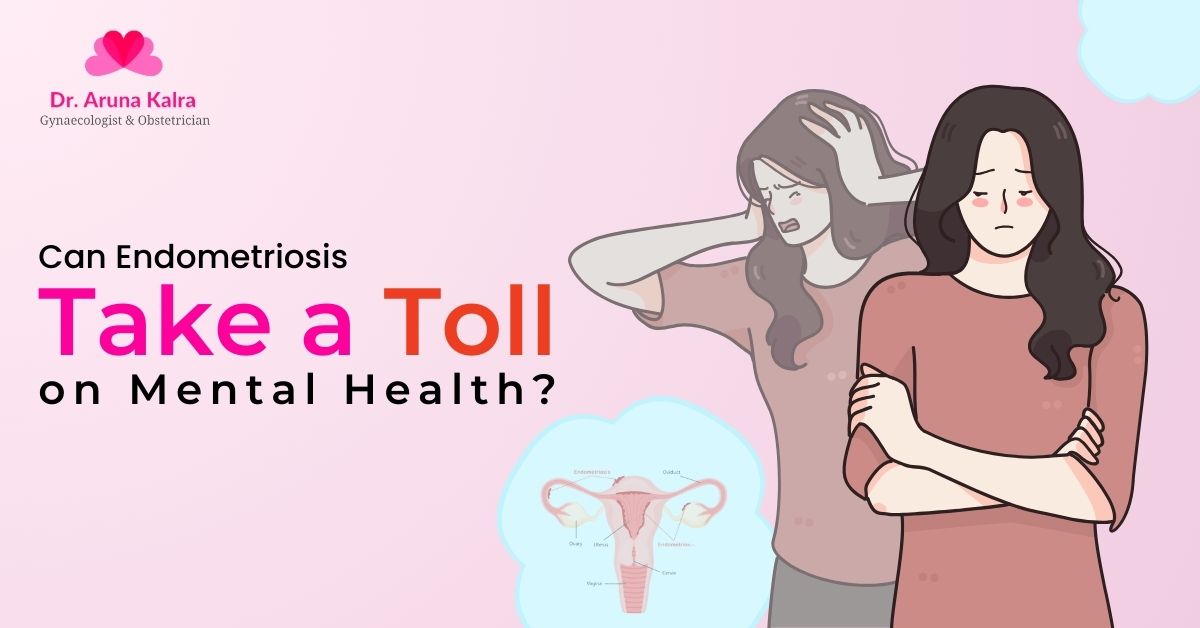
Can Endometriosis Take a Toll on Mental Health?
Endometriosis is not merely a physical ailment; it can profoundly impact mental health as well. The chronic pain and unpredictable nature of symptoms associated with endometriosis can take a toll on an individual’s emotional well-being.
Pain and Emotional Distress: The persistent pain that often accompanies endometriosis can lead to emotional distress, anxiety, and depression. Coping with recurrent pain can be emotionally draining and affect one’s overall quality of life.
Uncertainty and Fertility Concerns: The uncertainty surrounding endometriosis, its progression, and its potential impact on fertility can create considerable stress. Women with endometriosis often face concerns about their ability to conceive, adding an emotional layer to the physical challenges they endure.
Impact on Daily Life: Endometriosis can disrupt daily activities, leading to missed work, social events, or other commitments. This interference with one’s routine can contribute to feelings of isolation and frustration.
Challenges in Diagnosis and Treatment: The journey to diagnosis and effective treatment for endometriosis can be lengthy and frustrating. This process may lead to feelings of helplessness and a sense of not being understood, further impacting mental well-being.
Recognizing the interconnectedness of physical and mental health is crucial in addressing the holistic needs of individuals with endometriosis. Seeking support from healthcare professionals, joining support groups, and incorporating mental health strategies such as counseling or mindfulness can be valuable components in managing the emotional toll of living with endometriosis.


